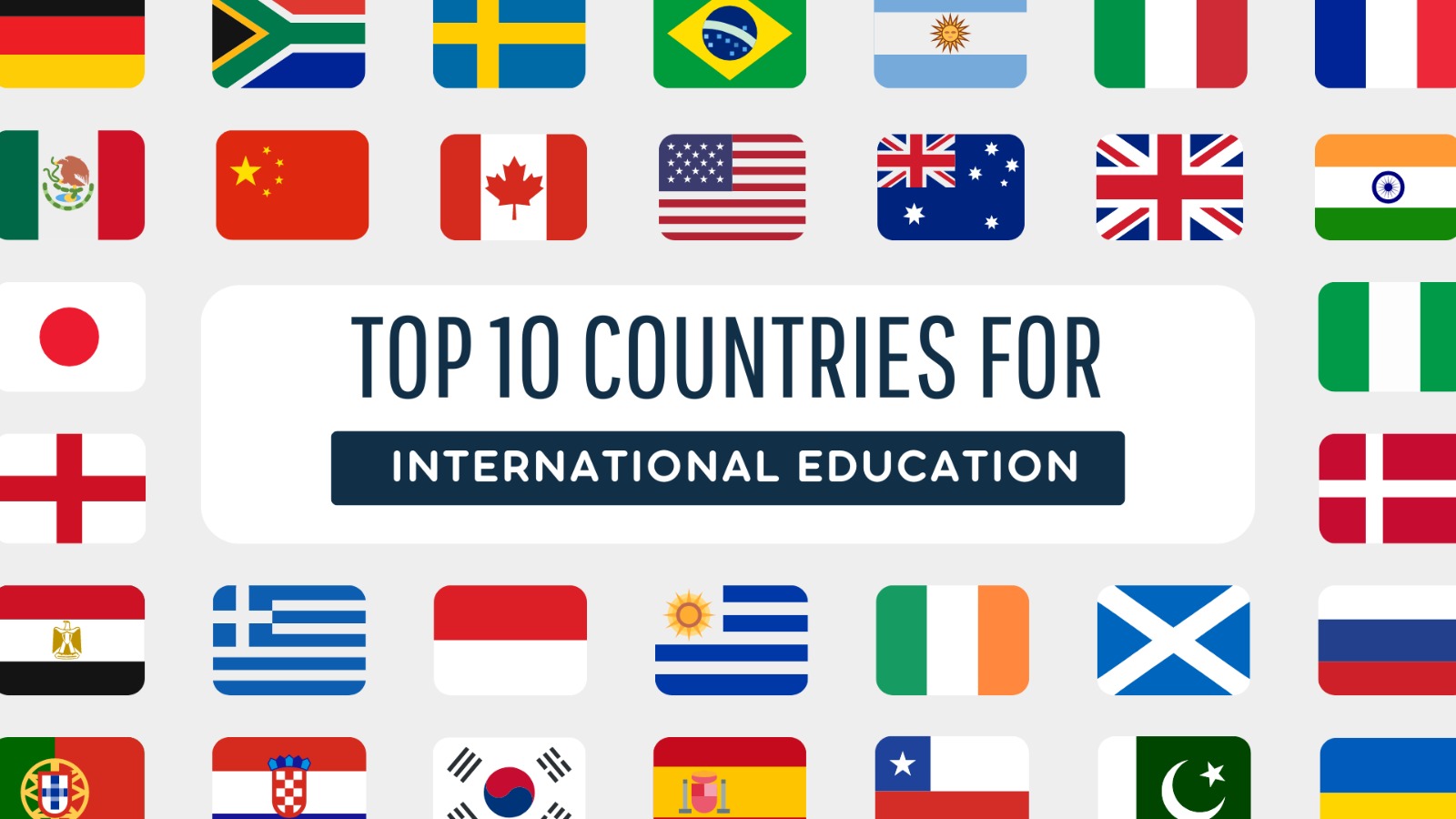Is Studying Abroad Safe? Debunking Common Concerns

Studying abroad is an exciting opportunity that offers countless benefits, including exposure to diverse cultures, international networking, and personal growth. However, one common concern that often crops up is the issue of safety. It's natural to wonder if studying abroad is a secure choice. In this blog, we will address this question and debunk common misconceptions, providing you with a comprehensive understanding of the safety aspect of studying abroad.
Understanding Safety Measures: It's crucial to recognize that universities and educational institutions prioritize the well-being of their students. They have dedicated staff and resources to ensure a safe and secure environment. Safety measures such as 24/7 campus security, emergency response systems, and comprehensive orientation programs are put in place to support students throughout their study abroad journey.
Researching Destination Countries: When considering studying abroad, it's essential to research the safety conditions of your potential destination. Reliable resources like government travel advisories, student forums, and testimonials from past students can provide valuable insights. Understand that safety levels can vary between countries and even within specific regions. By staying informed, you can make an informed decision about where to study.
Cultural Awareness and Adaptation: An integral part of studying abroad is immersing yourself in a different culture. Developing cultural awareness and adapting to new environments are key skills you acquire during this experience. While cultural differences can present challenges, they also offer opportunities for personal growth and broaden your worldview. By embracing cultural diversity, you become a more well-rounded individual.
Student Support Services: Most universities and colleges that welcome international students provide comprehensive support services. These may include dedicated international student offices, academic advisors, counseling services, and access to healthcare facilities. Such support networks ensure that students have assistance readily available, whether for academic concerns or personal well-being.
Communication and Emergency Preparedness: Before departing for your study abroad destination, it's essential to establish effective communication channels. Inform your family, friends, and the local university contact about your arrival and keep them updated on your well-being. Additionally, familiarize yourself with emergency protocols, including local emergency numbers and evacuation procedures. Being prepared gives you peace of mind and enhances your safety.









